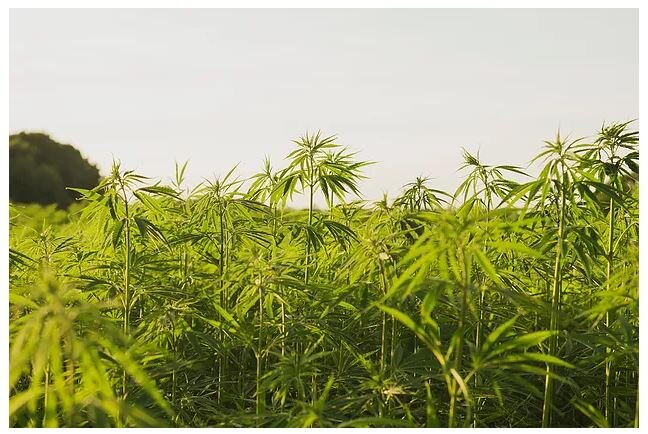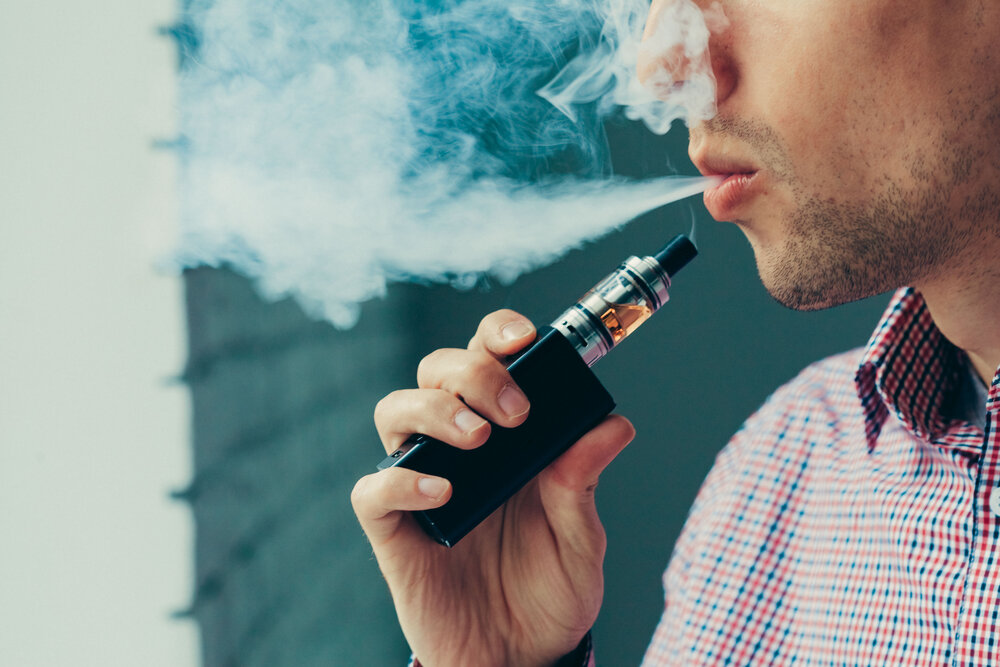In the waning days of 2018, Congress passed the 2018 Farm Bill.
The 2018 Farm Bill removes hemp (cannabis sativa l. containing less than .3% THC per dried weight) and its derivatives, including CBD, from the Schedule 1 status of marijuana. As we previously reported, however, the 2018 Farm Bill makes explicit that it does not disturb the FDA’s authority to regulate hemp-CBD products.
Indeed, days after the passage of the 2018 Farm Bill, the FDA issued a statement asserting its jurisdiction over hemp-CBD products and reiterating its view that hemp-CBD cannot be marketed as a food, food additive or dietary supplement (i.e., as an ingestible) because CBD is an active ingredient in an FDA approved drug (i.e., Epidiolex). Given the FDA’s limited enforcement power and the fact that ingestible hemp-CBD products are currently sold seemingly everywhere, it’s essentially impossible for the agency to wrap it’s arms around the entire industry.
In fact, Scott Gottlieb, the former head of the FDA, practically acknowledged as much in a March congressional testimony in which he stated that the FDA will prioritize taking action against companies making “over-the-line claims” (e.g., claims that CBD can cure or treat serious diseases and conditions such as cancer or Alzheimer’s).
In March, the FDA issued three warning letters against companies making ”Over the Line” claims.
In these letters, the FDA cited a slew of claims made by the companies regarding CBD’s ability to treat or mitigate cancer, Alzheimer’s, fibromyalgia, substance use disorders, and heroin withdrawal symptoms. This spate of FDA action is particularly notable given that the agency only issued one CBD-related warning letter in all of 2018. Now that the FDA has a stated plan in place as to how to prioritize enforcement against the endless sea of hemp-CBD companies, the agency appears ready to ramp up its pace of enforcement.
Therefore, it is essential that hemp-CBD companies avoid doing anything that might raise flags for the FDA. To that end, here are three steps hemp-CBD companies can take to try and remain under the FDA’s radar and reduce potential FDA liability:
1. Avoid Making “Over the Line” Claims
Hemp-CBD companies should avoid making claims regarding CBD’s ability to treat, mitigate, diagnose, and/or cure any serious disease or condition (i.e., over-the-line claims). Hemp-CBD companies, however, shouldn’t stop there. They should also avoid making claims that CBD can address any disease or condition, no matter how serious. That is because any such health claim will render a CBD product an unapproved drug in the eyes of the FDA, which alone is reason for the FDA to take action. It’s also essential to note that any customer testimonial or link to research on a hemp-CBD company’s website indicating that CBD can address a disease or condition will be considered a health claim. In fact, the FDA has previously taken action against hemp-CBD companies for engaging in such behavior.
2. Conduct Third-Party Testing on Products
Hemp-CBD manufacturers should do third party testing on their products to ensure that they don’t pose harm to consumers, which is a primary concern of the FDA. Specifically, hemp-CBD companies should test their products to confirm that their products:
- contain the amount of CBD claimed on the label;
- do not contain THC; and
- do not contain any heavy metals, pesticides, or other harmful substances.
3. Comply with the FDA’s CGMPs
Hemp-CBD companies should comply, to the greatest extent possible, with the FDA’s relevant Current Good Manufacturing Processes (CGMPs) for foods, dietary supplements and/or cosmetics (i.e., topicals), which can be found on the FDA’s website.

Although the FDA is seemingly cracking down on hemp-CBD, it isn’t all bad news for the industry.
The FDA has made clear that it’s looking to design a special regulatory scheme for hemp-CBD foods, food additives, and dietary supplements such that these products will no longer be deemed illicit by the agency. In fact, this May, the agency heard from stakeholders as to how these products might be appropriately regulated.
Following the hearing, however, the FDA announced that before the agency can implement any such regulatory scheme, some outstanding questions must be answered.
Specifically, the agency wants to know:
- what the appropriate dose of CBD is;
- whether there any adverse drug interactions that must be monitored;
- whether there are risks related to long term exposure; and
- if CBD poses any harm to vulnerable populations such as children, the elderly and lactating or pregnant women.
Because more science is needed to answer these questions, it will likely take years for the FDA to devise its regulatory framework.
In the meantime, hemp-CBD companies may be able to stay out of the FDA’s crosshairs by implementing the tips provided in this article. Additionally, because the FDA’s eventual framework will likely require third party testing and compliance with relevant CGMPs, companies who implement the guidance provided in this article may remain ahead of the regulations and potentially, avoid heavy financial setbacks due to the associated costs of coming into compliance with the FDA’s eventual regulations.
Finally, we recommend that our readers stay tuned here for more updates and tips to better understand and navigate the ever-evolving legal landscape applied to hemp-CBD products.
Disclaimer
The materials available at this website are for informational purposes only and not for the purpose of providing legal advice. You should contact your attorney to obtain advice with respect to any particular issue or problem. Use of and access to this website or any of the e-mail links contained within the site do not create an attorney-client relationship between CGL and the user or browser. The opinions expressed at or through this site are the opinions of the individual author and may not reflect the opinions of the firm or any individual attorney.

